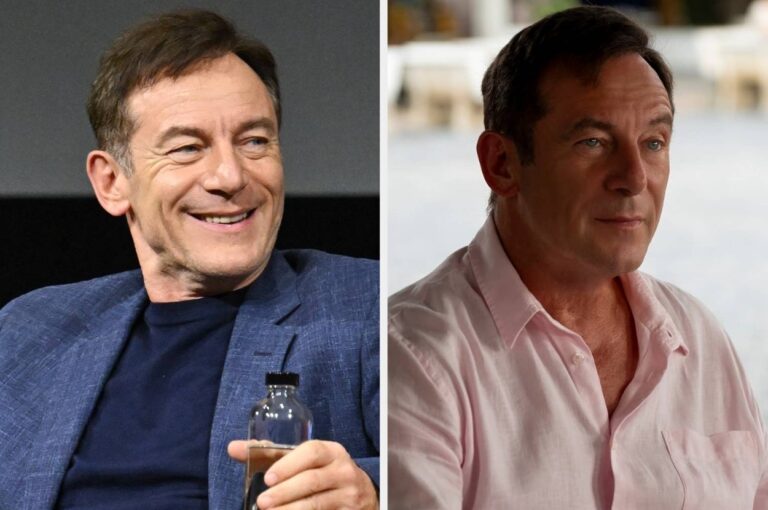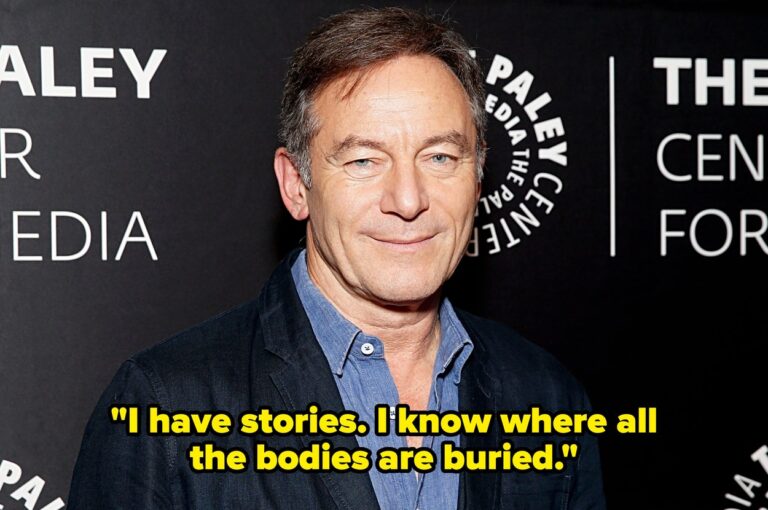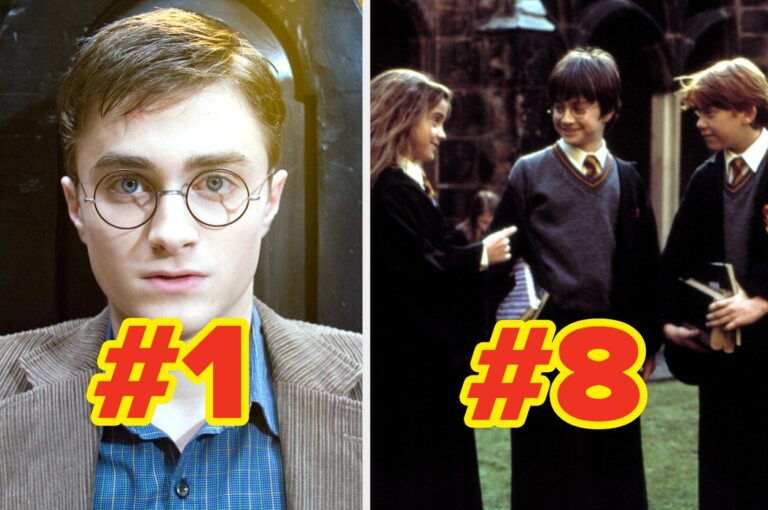Yesterday in ‘The Casting Genius of Black Severus,’ I wrote that the decision to make the Potions Master black instead of white was “much more in the traditions of American filmmaking than, say, ‘Black Hermione’ was, which Cursed Child casting was pure tokenism and click-bait.” This raised a few on our moderator back-channels to rise to Noma Dumezweni’s defense, saying that she was not a diversity hire but chosen because she was the best actress for the role, a thespian whose skills and accomplishment made her hiring a race-blind, no brainer.
I think I would have to agree, especially after reviewing as I had before writing the piece, Dumezweni’s CV and noting her achievements and awards won before and after her work in Cursed Child. As with Paapa Essiedu as Severus Snape, Noma Dumezweni is a first tier actress who certainly could have been hired strictly on her qualifications for the part.
But she wasn’t. John Tiffany, the director responsible for casting of Cursed Child, said that she wasn’t as clearly as one can say it in his 2017 interview with the BBC at the Edinburgh Festivals. You can watch and hear him say it in the TRL capture of the interview above on YouTube (starting at 2:45) or just read it here:
BBC: Even though you worked so hard to not create something where there would be preconceptions, there were preconceptions around the casting and actually some quite unpleasant comment around the casting choices –
Tiffany: ‘Hermione-gate’
BBC: – exactly, and I think you were you’ve been deeply uncomfortable at that and quite quite vocal about —
Tiffany: I was furious because I expected, I expected resistance, I expected people, you know, because we’d seen it before and they’d had it with John Boyega and Star Wars, yeah, and, you know, that wasn’t even a character that existed before, but still the idea of somebody non-white being the hero or heroine of a story —
BBC: and this is Noma Dumezweni —
Tiffany: — this was Noma Dumezweni and I’d known Noma for years. In fact we met at the Edinburgh Festival when she came to the Traverse with a one woman show called ‘Bogus Woman’ but (laughter) you know, it all comes back to Edinburgh, but, yes, I did get furious because people would, it was, it was absolute racism that was happening and they, but they were tweeting things and tweeting them directly to Noma. I got two people removed from Twitter —
BBC: Oh wow
Tiffany: Yeah, because I just had it.
BBC: Well done —
Tiffany: We’ve got to say “No” to this, that, you know, at some point because this is inciting racism if you know, I won’t even repeat the things that they were saying. I mean so [the people who were on Twitter] were the ones that I could do something directly around, the ones that deeply saddened me and still will, will always start with “I’m not racist but you know Hermione’s white” and you go “You don’t get to make that call.”
BBC: And it was clear it’s never been clear in the novel at all —
Tiffany: No, but even if she was, we’re doing something different in a different medium. Even if Hermione had been white [in the books] and she certainly was in the film’s and that was great and really successful, this is, this is different. This is a different event. Obviously it’s taking those characters and it’s taking the story, but also to my mind as soon as JK Rowling [pronounced ‘Rawling’] as she did, says, “This is Hermione, it’s Noma Dumezweni,” then who says it isn’t? You know, the author is not dead.
BBC: Social media is interesting, isn’t it? Because thinking back to that sort of fourth wall, it’s as if people put it for a fourth wall for themselves. They forget but actually it’s a direct conversation they they do I think say things that they probably wouldn’t say if they were sitting in having this conversation —
Tiffany: Absolutely, exactly, and, you know, the idea and very early on — another conversation with myself, there were many through the whole Harry Potter and the Cursed Child kind of event — I said “I can’t have the three main characters, there’s three main characters, all white in London in 2016. It’s not going to happen.” So I was very, very clear that, that, that, that we would be we would be exploring that — and Noma was immediate, being Noma Dumezweni and, she felt like Hermione to me, and she did the workshops, Jo fell in love with her, and and that just seemed like like the natural thing to do. And that’s going to continue; Hermione will now always be non-white, whenever we do it, wherever we do it.
Anyone who disagreed, per the BBC host and Tiffany, with the assertion that nowhere in the books was it specified that Hermione was white (because every non-white character had their race specified, etc.) was a troglodyte Nazi advancing “absolute racism” and either attacking Noma Dumezweni directly or hiding their racism behind a veneer of fidelity to canon. That kind of reflex categorization of those with whom we disagree hasn’t aged especially well in light of the Trans Wars and the attempts to cancel Rowling as a “transphobe bigot,” “Nazi TERF,” and “murderer” for stepping out of the cognoscenti’s accepted narrative lane, but this was 2017 and Rowling was still accepted as a Progressive icon.
But Tiffany had much more to say,
In a bizarre non sequitur to the host’s comment about the Fourth Wall and social media, Tiffany proceeded to admit that he had to have a non-white character among the “three main characters” (though the assertion that Harry, Ron, and Hermione are the three main characters of Cursed Child is prima facie not true), that Noma Dumezweni was the best non-white actress available given that casting necessity, and that, no matter the quality of actresses available in future productions, all Cursed Child Hermiones will forever more be “non-white.”
That is the very definition of “diversity hiring.” Tiffany was shameless, even proud of broadcasting his private decision consequent to “a conversation with myself” to force a non-white character into Harry Potter in conformity with West End practice. It is, however, pure and simple “racism” to cast a character simply on the basis of contemporary ideas of race, whether that bias favors white or non-white potential characters. Fighting racism with tokenism is racism, pure and simple, however fit and qualified the token may be.
Is this true of the hiring of Paapa Essiedu to play Severus Snape in the HBO+ production? Readers of the post I wrote yesterday who bothered to reply all seemed to think so; every one of them at the time I wrote this post were disappointed in the choice because, to their thinking (and all indications of canon), Severus Snape is a white character which requires a white actor in any screen or stage adaptation.
I’ll continue to take the contrarian role to this position and offer three points of defense of the Essiedu choice:
First, no one at Bronte Studios or HBO+ has been as clueless and honest as Tiffany in sharing her or his diversity requirements in casting. We know Noma Dumezweni, though an accomplished actress, was cast as Hermione by Tiffany because she was not the best actress available but the best “non-white” actress” and that all future Cursed Child Hermiones will also be “non-white” in conformity with his casting parameters. Asserting that this was the case without that from the ambo confession a la Tiffany is to assert what cannot be known for certain.
Second, ‘Black Severus’ happens eight years after ‘Black Hermione.’ One expects a bathhouse gay man to be playing Dumbledore today, a “transgender” Hagrid, and a TERF MacGonagall at Hogwarts today. There’s very little shock effect to be had, really, in casting a “non-white” character, even in a role that literary canon repeatedly calls “sallow-faced.” It has already generated controversy among those committed to the books the way old school Anglicans are to the early Book of Common Prayer and King James Bible, but, as I noted yesterday, that is a good thing for a small-screen production that has to differentiate itself from the Warner Brothers films imprinted on almost every person’s imagination other than Rowling herself. “Black Severus’ helps the audience get over their attachment to Alan Rickman in this role, no small challenge, and every bit helps in that effort.
And third, and last for today, Tiffany was right in his dissembling counters to those objecting to ‘Black Hermione’ that the different medium of the adaptation must be considered. He was wrong in saying that postmodern West End ideas of Racial Diversity were an Absolute rule for casting, but the television adaptations, because they will be much longer and more detailed productions than the films or the staged Child, will allow for much more nuanced and faithful (or divergent!) takes on the books, all under the eye of the “not dead” author. Maggie Smith is supposed to have said that she and Rickman felt that what they did in the Potter films was not really acting; all they did was look shocked or angry in response to what the other actors, mostly children, were doing. Much more than that is possible with the longer shows for each book — and no one doubts, I think, that Paapa Essiedu will be phenomenal in portraying the depths of Snape. He just won’t be a good Alan Rickman, for which, who can blame him?
Again, I’m totally on board with this casting decision, if I dread what other “defamiliarizing” cast choices we’ll get.
Hat tips to The Rowling Library for preserving the 2017 interview and to Nick Jeffery for recognizing its importance.







